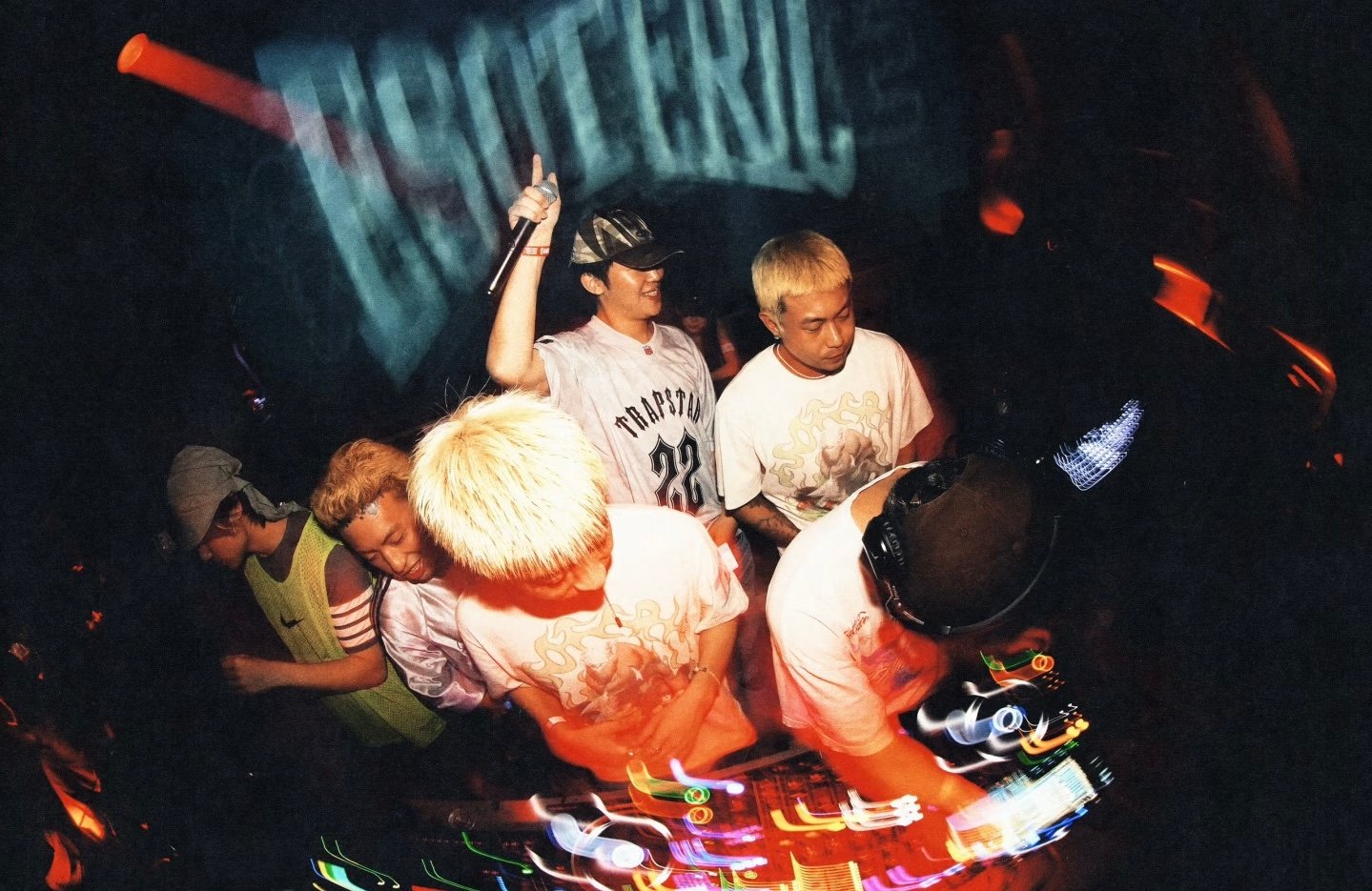According to a report from TechCrunch, Chinese tech company ByteDance has been working on building a deepfake face swap feature into its spectacularly popular short video apps TikTok and Douyin. If activated, the feature would allow users to enact deepfake technology to insert an image of their face into a select range of videos.
TechCrunch say that the feature, “could create a more controlled environment where face swapping technology plus a limited selection of source videos can be used for fun instead of spreading misinformation.
“It might also raise awareness of the technology so more people are aware that they shouldn’t believe everything they see online. But it’s also likely to heighten fears about what ByteDance could do with such sensitive biometric data.”
That last point seems key. TikTok is already under fire in the US and other markets, with some accusing it of posing a national security risk due to its Chinese origins. Earlier this week it was reported that the US army has banned usage of the app due to security concerns.
The news of a deepfake feature comes just days after TikTok released its first “Transparency Report” in an attempt to rebuff some of its critics, with the report stating that there had been no requests for user data made by the Chinese government in the first half of 2019. Some have argued that that report doesn’t tell the full story or accurately reflect how Chinese censorship works.
And it may not just be overseas users who are wary of giving their biometric data to ByteDance. In September, face swap app ZAO went viral in China and beyond for its ability to allow users to insert themselves into famous movie and TV scenes. But it was soon making headlines for other reasons when people started reading the terms and conditions and discovered that the biometric data they were handing over to put themselves into Titanic wasn’t being kept as safely as they’d assumed.
Related:
 Viral Deepfake App ZAO Sparks Mass Downloads, Memes and Major ConcernsThe launch of deepfake-style face swap app ZAO has seen it leap up the download charts in China, but it’s also raising a host of privacy concernsArticle Sep 01, 2019
Viral Deepfake App ZAO Sparks Mass Downloads, Memes and Major ConcernsThe launch of deepfake-style face swap app ZAO has seen it leap up the download charts in China, but it’s also raising a host of privacy concernsArticle Sep 01, 2019
It will be interesting to see how this one plays out. There seems little doubt the feature would only enhance TikTok and Douyin’s rampant popularity, but it also seems set to invite further scrutiny of and controversy around the apps.
For more on the rise of TikTok, check out our explainer here.

















